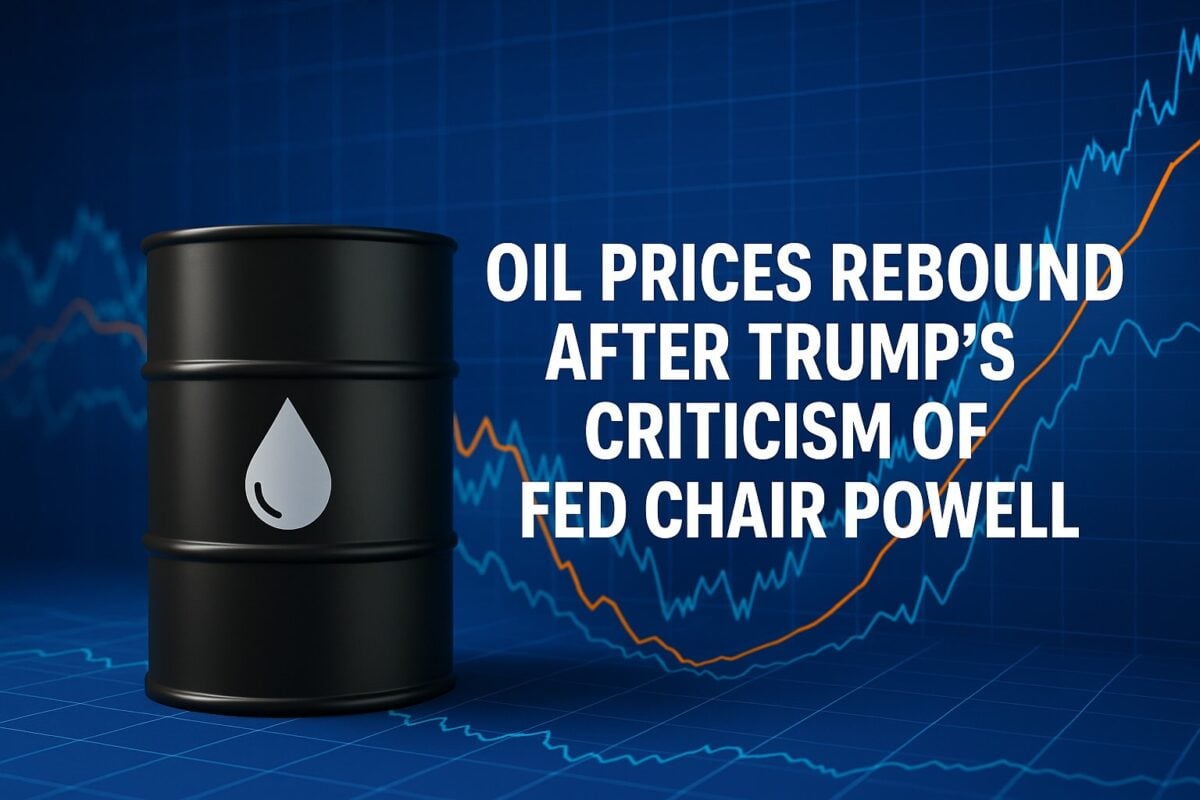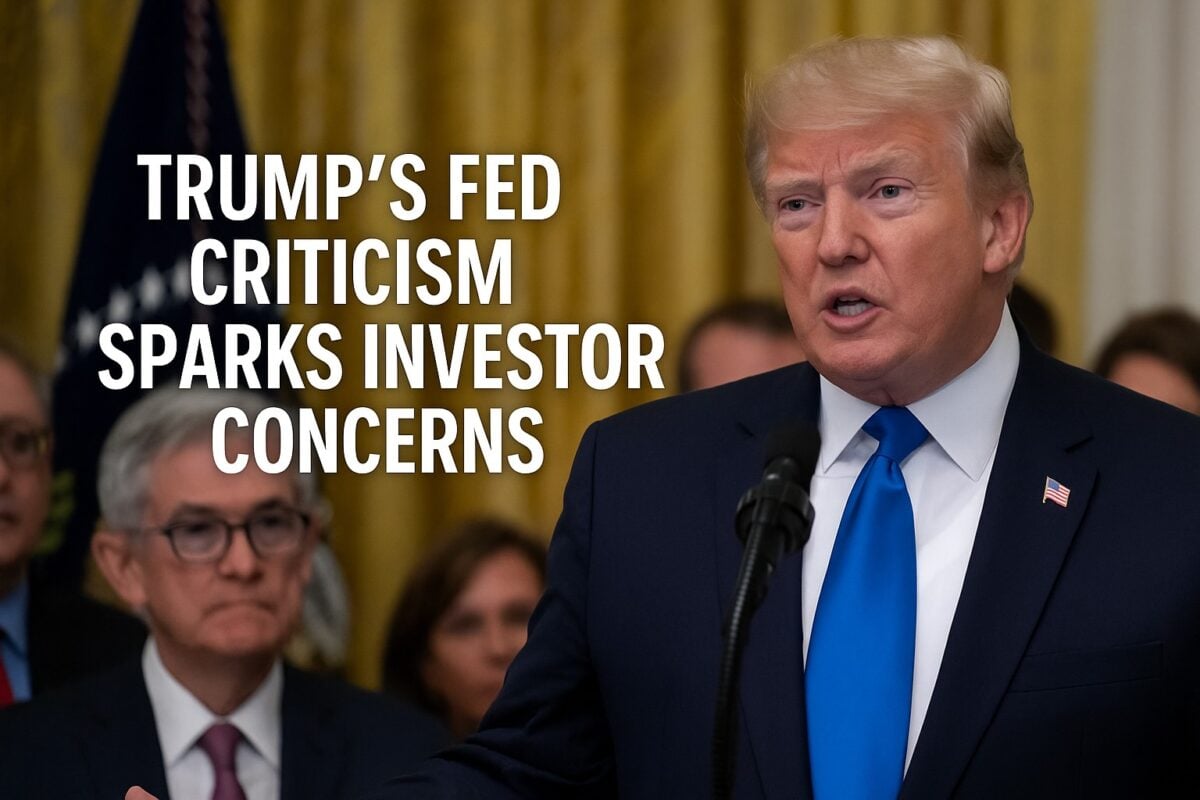
Russell 2000 Futures Rapidly Draw to July’s Peak
Table of Contents
Following Thursday’s softer-than-expected CPI report, the Russell 2000 stock index surged by over 3.5%. Analysts are now predicting an upcoming peak at 2,145, bringing the index back to levels last seen in January 2022. This notable profit resulted from investors shifting their focus from Russell 2000’s mega-cap tech firms to smaller businesses.
The process has brought yet another major change in Russell 2000 Index Futures. Super Micro Computer’s removal from the Russell 2000 small-cap stock index is causing a big shift in the ratio. With one of its top performers no longer with the Russell 2000, investors wonder what the index will do next.
Russell 2000 Stock Performance Overview
Looking at the bigger picture, year-to-date, the Russell 2000 has followed an upward trajectory. However, the gains do not seem as significant. The index has only gone up about 0.1% in the first half of 2024. In stark contrast, the large-cap S&P 500 has surged 15% so far this year. Nevertheless, the slow-paced dynamics have recently changed as Super Micro Computer, a major driver of the Russell 2000’s modest gains, has taken over.
Starting the year with a market capitalisation of just over $15 billion, Super Micro’s valuation has skyrocketed to approximately $48 billion. Meaning its stock more than doubled. Super Micro has become one of the largest holdings in the Russell 2000, accounting for over 1% of the index’s total market value. DataTrek reports that Super Micro contributed nearly two percentage points to the index’s return in the first half of 2024. Without Super Micro, the index would have followed a streak of losses for the first six months.
Biggest Impact Drivers for Russell 2000 Today
Super Micro made its name on the market for producing various technology hardware products. The company’s stock saw a significant sales boost at the end of the quarter of December 2023. Moreover, increasing by over $1 billion from the previous quarter. This growth was driven by its partnership with Nvidia to develop data centre components featuring artificial intelligence. Analysts now expect Super Micro’s revenue to reach $19.4 billion this year. Besides, 2025 may as well bring the continued growth.
However, this impressive growth has led to Super Micro’s market value exceeding the threshold for the Russell 2000, which aims to maintain a relatively low average market cap of around $5 billion. Consequently, Super Micro exited the index during the annual rebalancing on June 28.
DataTrek analysts noted that the Russell 2000 is now more dispersed starting in the year’s second half compared to the end of Q2. Without Super Micro, the largest weight in the Russell 2000 now accounts for about 0.4% of the entire index. For instance, Abercrombie & Fitch, the index’s third-largest holding, has a market cap of just over $9 billion. At the moment, the Russell 2000’s total market value exceeds $2 trillion.
As the Russell 2000 moves forward without Super Micro, investors will be watching closely to see how the index adjusts and performs in the absence of one of its major growth drivers.
Broader Market Dynamics Influence Russell 2000 Futures
The Russell 2000 now has a smaller proportion of tech stocks and a larger proportion of sectors sensitive to economic demand changes. Early Friday, US stock market futures were mixed after a benign inflation reading led to the largest one-day outperformance of small caps over tech stocks on record.
Dow futures were slightly higher, while those on the S&P 500 and Nasdaq 100 were lower. According to Henry Allen, a strategist at Deutsche Bank, the decline in the S&P 500 was notable because more than three-quarters of its components rose.
The most recent data showed an unexpected 0.1% decline in the consumer price index. Along with Tesla’s decision to delay its Robotaxi announcement, it caused a 2% drop in the Nasdaq Composite. Meanwhile, the Russell 2000 enjoyed its best day of gains, 3.6%, since November 14, 2023.
Friday’s end session will feature major bank earnings, producer price index, and consumer sentiment data.
Russell 2000 Value Surges 3.6%: Outplaying S&P 500 and Nasdaq
For the past four months, the Russell 2000 has been oscillating within a symmetrical triangle. However, Thursday’s trading session saw a decisive breakout above the pattern’s upper trendline, indicating the potential start of a new upward trend. The breakout from the symmetrical triangle pattern and the strong upward momentum suggest that the index may continue to rise.
Using the measuring principle, we can forecast a shorter-term price target. By calculating the distance of the symmetrical triangle at its widest point (215 points) and adding that figure to the pattern’s top trendline (2,080), we project a target of 2,295.
For a longer-term price target, we use a bars pattern based on the index’s trending movement from October 2023 to March 2024, overlaying it on the chart starting from the April swing low. This method suggests a potential move up to around 2,500. The index would likely face significant resistance near this level, as it is less than 2% above Russell’s record high of 2,459 set in November 2021.
Current Performance and Future Outlook
The move into smaller-cap equities could propel more gains for the Russell 2000 as investors hold out hope for Federal Reserve rate reduction. Traders should, however, keep an eye out for potential resistance levels and be ready for any changes in the market.
The technical breakout and recent performance of the Russell 2000 point to a promising future. If ongoing trends continue, substantial upside potential is right around the corner. The implications for the index are numerous. However, investors will be closely observing economic data and Federal Reserve moves to determine the index’s future course.
If the number of high-performing stocks doesn’t increase, the index will struggle. Most small-cap stocks have had a tough year, with the primary beneficiaries of the artificial intelligence boom being large-cap tech firms like Nvidia and Microsoft. Many smaller stocks outside the tech sector have declined in recent months.
Russell 2000 Real-Time Analysis
Based on the recent data, the Russell 2000 stock closed at 2,125.04, reflecting a solid 10.13% increase over the past year. The index opened at 2,081.7, demonstrating a significant gap up. It traded within a range of 2,081.7 to 2,128.55 throughout the day. This indicates notable volatility, which could suggest increased investor interest.
Technical Analysis
Current Performance: The previous close at 2,125.04 positions the index near its recent highs. With a daily range reaching 2,128.55, the index tests the upper limits of its recent trading range.
52-Week Range: The index has fluctuated between 1,633.67 and 2,135.46 over the past year. This wide range indicates substantial volatility and the potential for both growth and retracement.
Support and Resistance Levels:
Immediate Support: The support level is identified at 2,081.7. It aligns with the opening price and may serve as a floor in the event of a market pullback.
Resistance Levels: The index is currently approaching the 52-week high of 2,135.46. A successful breakout above this level could lead to an upward trajectory towards the next target, around 2,291, which is significant based on technical projections.
Market Sentiment
The overall market sentiment appears positive, especially with the potential for further rate cuts from the Federal Reserve, which could favour small-cap stocks. Investor rotation away from large-cap tech stocks into smaller companies may continue to fuel demand for the Russell 2000.
Although the volume for the day is currently reported as 0, typically, the increased trading volume would accompany significant price movements. Once volume data becomes available, it will provide better insight into the current trend’s strength.
Given the Russell 2000 futures’ current positioning and favourable market conditions, we predict that the index may continue to challenge the 2,135.46 resistance level soon. A sustained breakout above this threshold could propel the index towards 2,291. Conversely, the index may retreat towards the 2,081.7 support level if it fails to maintain momentum. Close monitoring of economic indicators and market trends will be essential for ongoing predictions.


